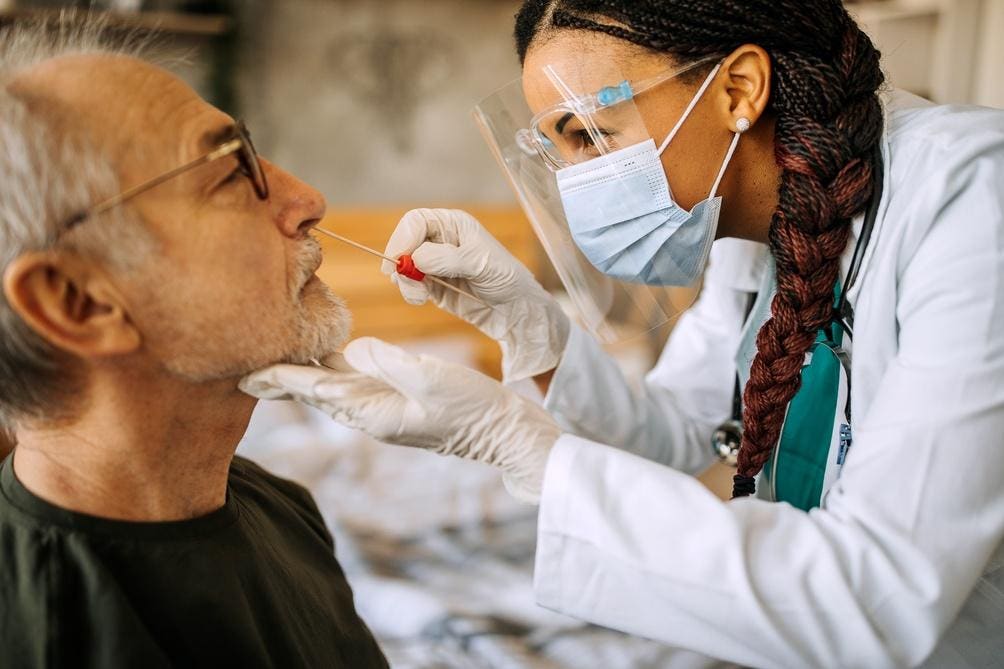A new Covid-19 variant known as KP.2, or FLiRT, has emerged in the United States, becoming the predominant strain of the virus in a span of just two months. This variant, a descendant of the Omicron strain, has mutations in the spike protein that allow it to evade neutralizing antibodies. Experts are concerned about the rise of this variant and whether it will lead to another surge in Covid-19 cases.
While the KP.2 variant may be causing concern, it does not appear to cause unique symptoms or more severe disease compared to other variants. However, as the number of infections increase, the risk of vulnerable individuals developing severe symptoms also increases. Symptoms of KP.2 infection typically include fever, sore throat, cough, body aches, and loss of taste or smell, along with potential cognitive symptoms like “brain fog.”
Existing tests are expected to continue detecting FLiRT variants, including at-home antigen tests and PCR tests. While the new variant has mutations in the spike protein gene, most tests look for multiple genetic regions of the virus, ensuring that the virus will still be detected even if one gene target is impacted by the mutations. It is important to continue testing for Covid-19 when symptoms arise and repeating the test if negative.
Due to the mutations in the spike gene of the KP.2 variant, existing antibodies from prior infection or vaccination may not fully protect against this new strain. It is recommended to receive an updated vaccine that will be more specific to the recent circulating strains. An updated vaccine is expected to be available this fall and may be recommended alongside the annual flu vaccination to enhance protection against the evolving virus.
As Covid-19 continues to evolve, the rise of the KP.2 variant raises concerns about a potential future surge in cases. While emergency department visits and deaths due to Covid-19 have decreased in recent weeks, being vigilant and taking preventive measures such as staying home when feeling sick, getting tested for Covid-19 and wearing masks when necessary are crucial in reducing transmission. Getting an updated Covid-19 vaccine will also play a key role in preventing future surges and keeping individuals safe and healthy.


